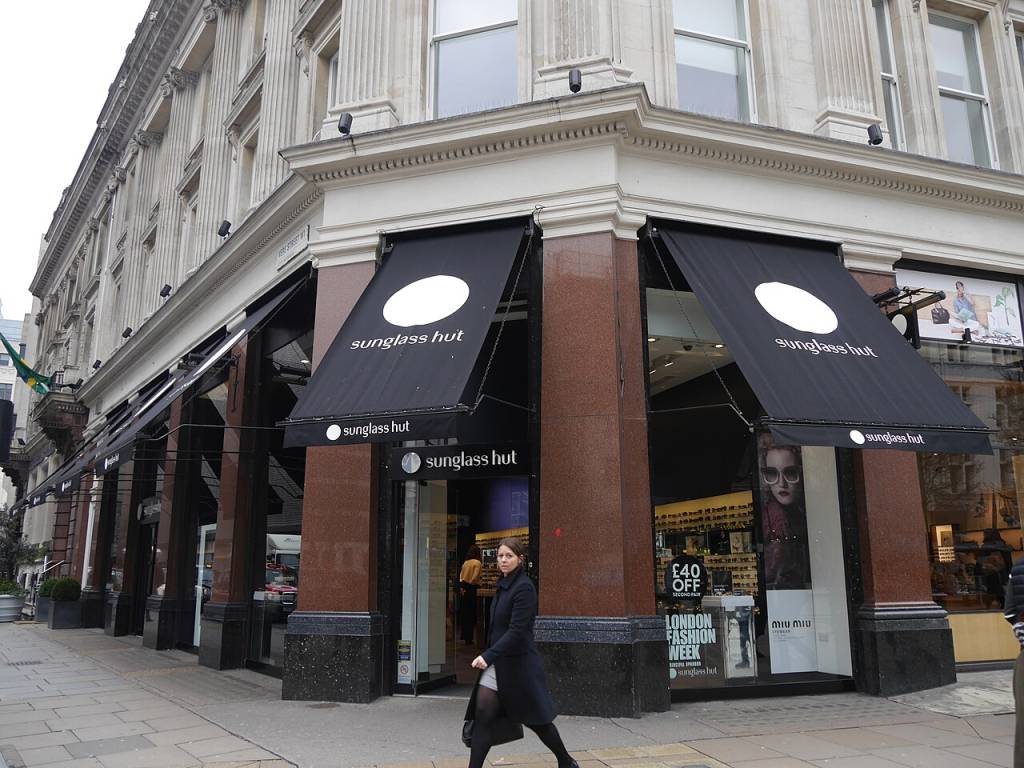 The shy or demure person, who may be as equally talented as the more outgoing, will not be as likely to get as far ahead in business. That’s why a “friendly ask” is the best tool for business, and it is one strategy that most everyone is capable of initiating.
The shy or demure person, who may be as equally talented as the more outgoing, will not be as likely to get as far ahead in business. That’s why a “friendly ask” is the best tool for business, and it is one strategy that most everyone is capable of initiating.
Ask Questions to build the relationship
In any type of meeting, ask both business and related personal questions. Should you be meeting for the first time, ask what drove the person to choose their field. Ask about goals and expectations, both from personal as well as business perspectives. When you take a genuine interest in other people, and add an authentic touch of personal communication, they begin to reciprocate in an attempt to get to know you better, too.
You may be surprised by how much you find you have in common by cautiously asking questions of a personal nature. The question could be as innocent as, “how long have you worked here; was it always in this capacity?” You might hear an excited voice revealing their career climb.
Over time, more will be told to you on a confidential level due to trust being built. The prospective client becomes a long-term client who learns to rely on you. Asking these types of questions becomes an outstanding business development strategy.
Ask Questions for the business
Take time to learn why the prospective client felt a need to call you in to discuss potential solutions to their problems. Investigate from all angles with questions. As you exhaust these type of questions, you approach the time to ask for the business.
Most people refer to asking for the sale as “the close”. The problem with the term is, it implies “closing doors”. It’s far better to open doors to the future. An improved question would be, “When would you like to get started?” The question puts the ball in the other person’s court, and an honest answer usually comes forth.
Ask Questions upon building the relationship and securing the sale
Checking in with management and clientele to determine if expectations were met, and possibly exceeded, is a very wise idea. Assumptions, however, should be avoided. Erroneous assumptions may be eliminated altogether, by asking additional questions. Ask how often you are expected to check in to make certain everything is on track. Also ask which communication method they prefer. Make note of the preference and adhere to it on their schedule. Doing so demonstrates you truly care, and influences further decisions in your favor. This is how a returning and referring clientele is built.
Ask for referrals and testimonials – thoughtfully
Most people are so busy with their own work, they don’t think of offering referrals and testimonials. This is another question that should be posed but in a soft manner, and only after a successful sale has been made.
Believe it or not, some professional salespeople ask for referrals before they secure the first sale. Doing so upsets the prospective client who perceives that in the salesperson’s eyes, the sale is more important than customer care. Invariably, the sale is killed and so is the relationship.
Therefore, take careful notes as to how, when, and where the client prefers to be contacted. Cheerfully check in on the appointed date and time to hear of anything that needs to be fixed. Attempt to make the adjustment swiftly. Should everything be perfect and you hear glowing remarks, ask if the client might know of anyone else with a similar need. Also ask if you may use their words as a written testimonial. People are usually flattered when you ask.
Asking many types of questions provides far greater insight into the person behind the business and the business itself. Answers to the questions provide the insight needed to make the sale. Questions become your foundation for business.
Striving to always build the relationships and deliver excellence in customer service positively builds your personal brand and leads you directly to the Smooth Sale!












